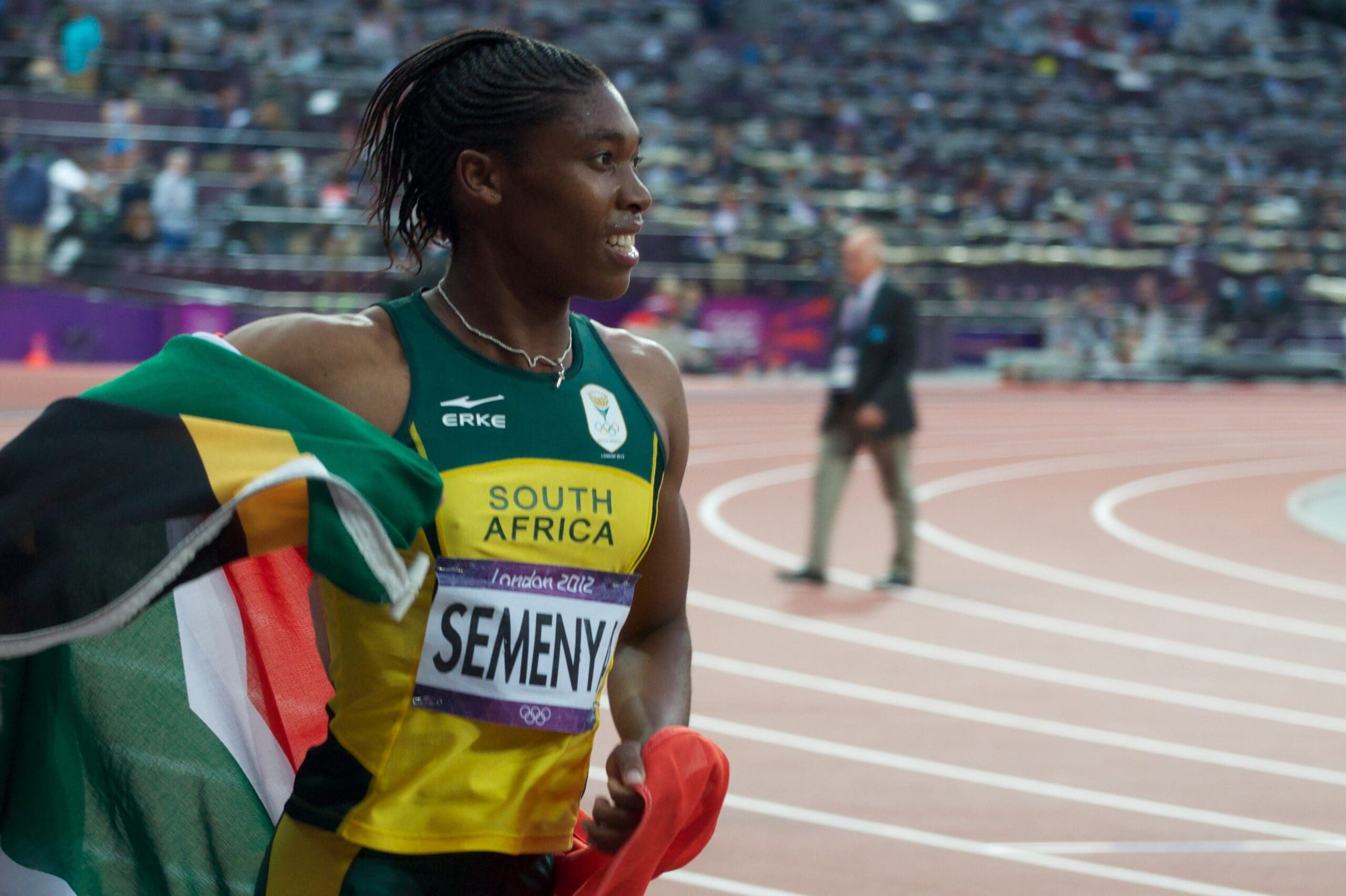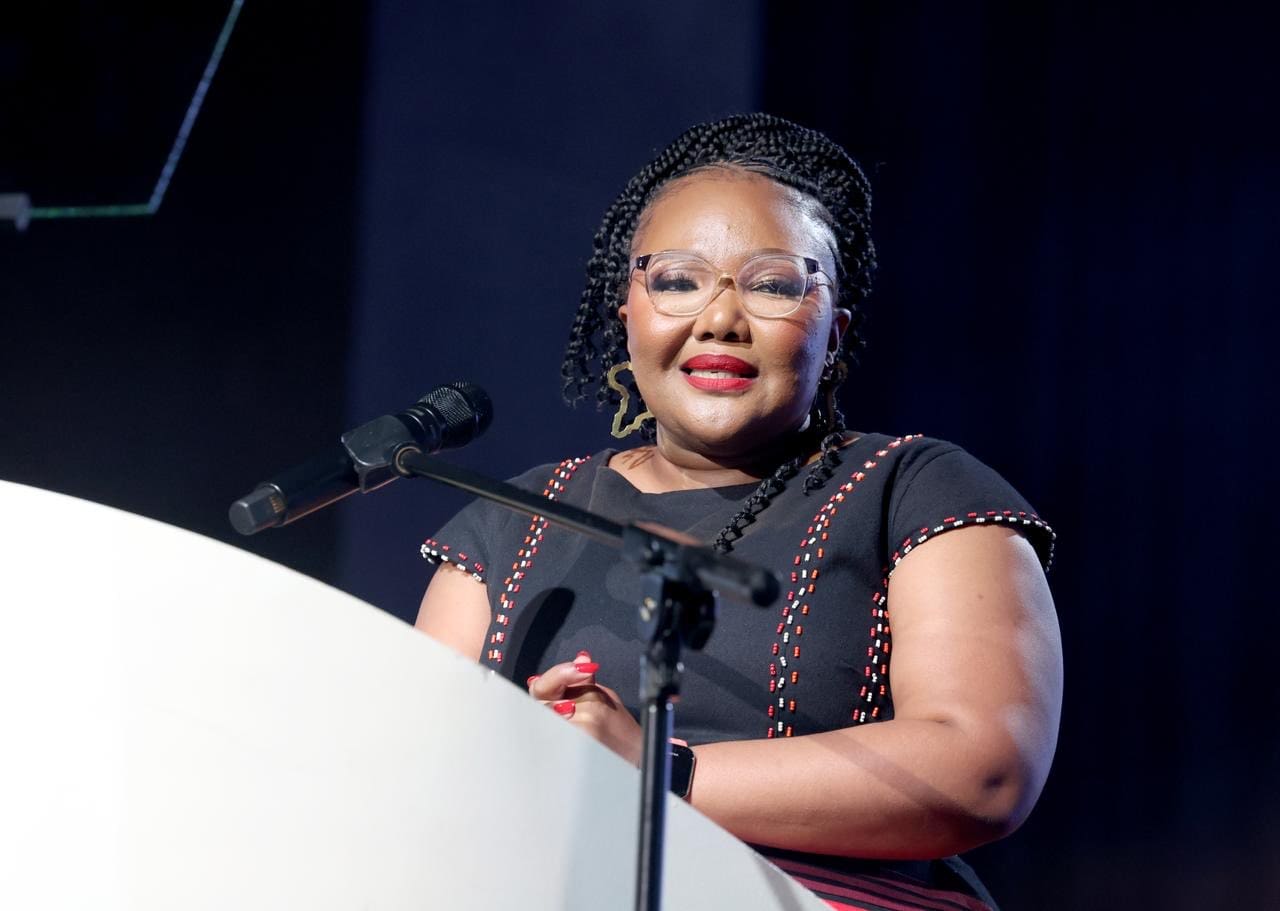Caster Semenya’s ongoing legal marathon is set to reach a momentous hurdle as the Grand Chamber of the European Court of Human Rights (ECHR) commences its hearing on Wednesday, 15 May. At the heart of the matter is whether Semenya, a double Olympic champion and multiple-time world gold medalist, should be forced to lower her testosterone levels to compete in her preferred events.
Since 2018, Semenya has been embroiled in a contentious battle against regulations imposed by track and field’s governing body, World Athletics, mandating athletes with differences in sexual development (DSD) to reduce their testosterone levels.
Despite numerous legal setbacks, including a ruling against her by the Court of Arbitration for Sport (CAS) in 2019, Semenya has adamantly refused to undergo hormone treatment, arguing that it violates her human rights and dignity.
The ECHR’s involvement in Semenya’s case stems from a landmark decision last July, where it found that the Swiss Federal Supreme Court’s validation of the CAS ruling constituted discrimination and infringed upon Semenya’s privacy rights. This ruling, while symbolic, highlighted the broader ethical and legal complexities surrounding the regulation of athletes’ biology, with Semenya remaining barred from participating in her preferred 800-meter race.
In a statement given to CNN, World Athletics stood by its decision to bar Semenya, stating, “World Athletics has over a decade of research, directly from DSD athletes in our own sport, that show high testosterone levels do provide an unfair advantage in the female category.”
Semenya’s steadfast stance against regulations mandating hormone treatment has not only defined her own career but has also sparked a broader conversation about the rights and inclusion of female athletes in sports. Her dominance on the track has highlighted the inherent complexities of gender identity and athletic performance.
Semenya’s absence from the 2024 Olympics in Paris underscores the ongoing repercussions of the regulatory hurdles she has faced throughout her career. Although Semenya has expressed that she believes her competitive career has come to an end, she is continuing this legal battle to protect the rights of other athletes facing similar challenges.
“We all know what this case is all about, it is about the differences in women’s bodies. And the main goal is to make sure that we protect … these young kids so they can be able to compete,” said Semenya.
- Staff Reporter
- Staff Reporter
- Staff Reporter




